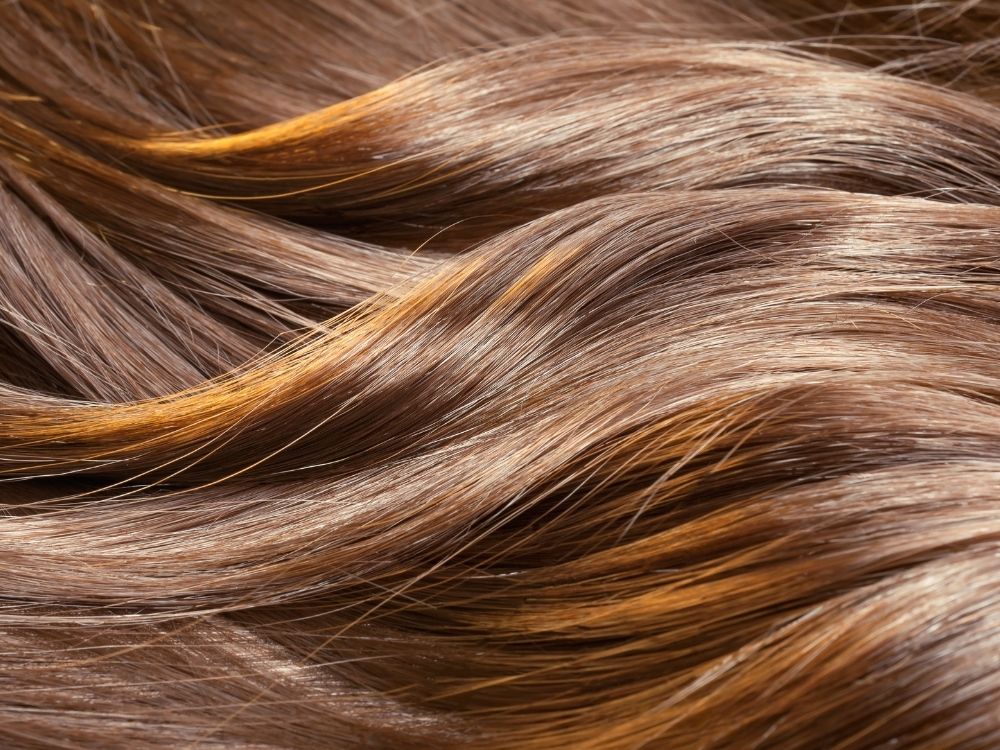
Explore these FAQs about alopecia and how it affects your hair.
What Is Alopecia?
Alopecia means hair loss, but there are several common types of alopecia:
- Alopecia areata is an autoimmune condition that affects hair on the head and body, with hair loss in patches.
- Androgenetic alopecia, or pattern baldness, is hair loss that occurs in a defined pattern in both men and women.
- Traction alopecia is hair loss from tight hairstyles or extensions pulling on the hair follicles for an extended period. Chemical relaxers can also cause traction alopecia.
- Chemotherapy-induced alopecia occurs when someone goes through chemotherapy.
Who Gets Alopecia Areata and Pattern Baldness?
Traction alopecia and chemotherapy-induced hair loss have distinct causes, but conditions like alopecia areata and pattern baldness aren’t as obvious. Typically, genetic predisposition causes both types of alopecia. However, alopecia areata can also be an autoimmune disease, meaning the body thinks its own hair follicles are foreign objects. This causes the immune system to attack them.
Is Alopecia Curable?
Some forms of alopecia aren’t curable, but some are only temporary. Pattern baldness is a genetic predisposition and is permanent. If you receive chemotherapy, you can expect your hair to begin regrowth a few weeks after your treatment ends.
If you act quickly, traction alopecia can be temporary if you wear loose hairstyles or a wig for a few weeks to allow the hair to grow back.
People with alopecia areata can sometimes experience new regrowth, but they might have hair loss later. Some people with alopecia areata could promote new hair growth by changing their diet with foods rich in antioxidants and other nutrients.
What Foods Can Help With Alopecia?
There are some nutrient-rich foods you can eat to ease alopecia areata. Nuts are easy to add to your diet, and they are an excellent source of biotin and many different antioxidants. Quinoa contains amino acids and vitamin E, both of which can help with your hair loss.
Spinach is a great leafy green for fighting hair loss, thanks to its many vitamins. And even strawberries can give your immune system a boost due to the ellagic acid content.
Knowing these FAQs about alopecia and how it affects your hair can help you combat hair loss and regain your self-confidence.











